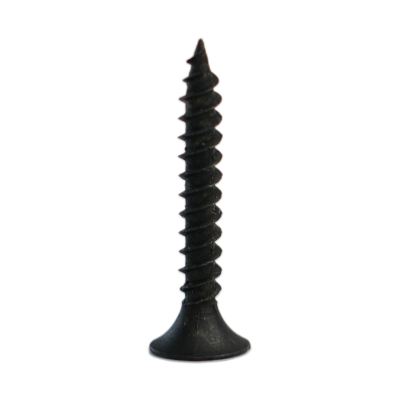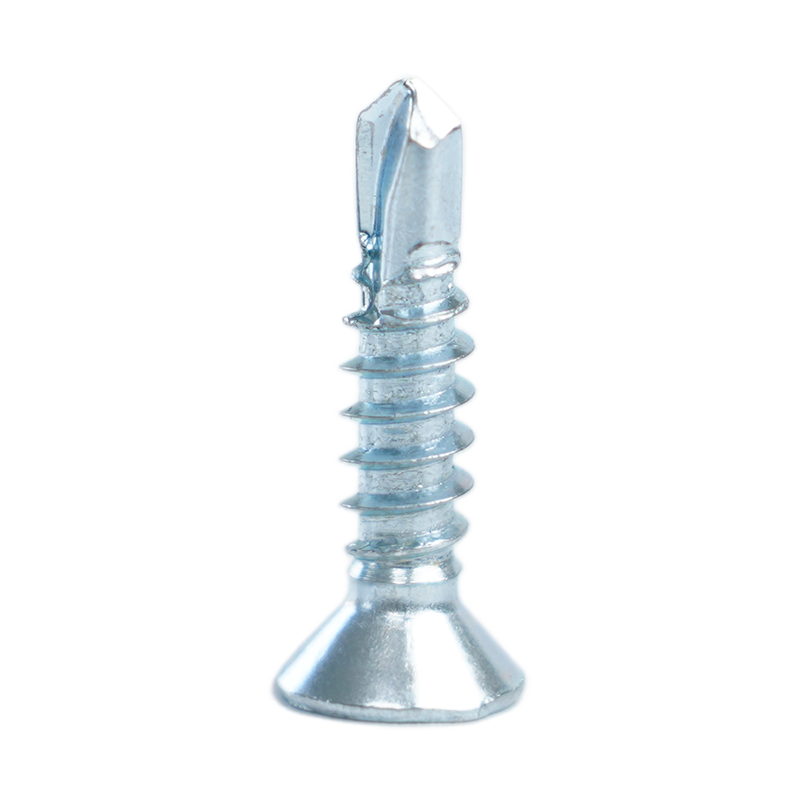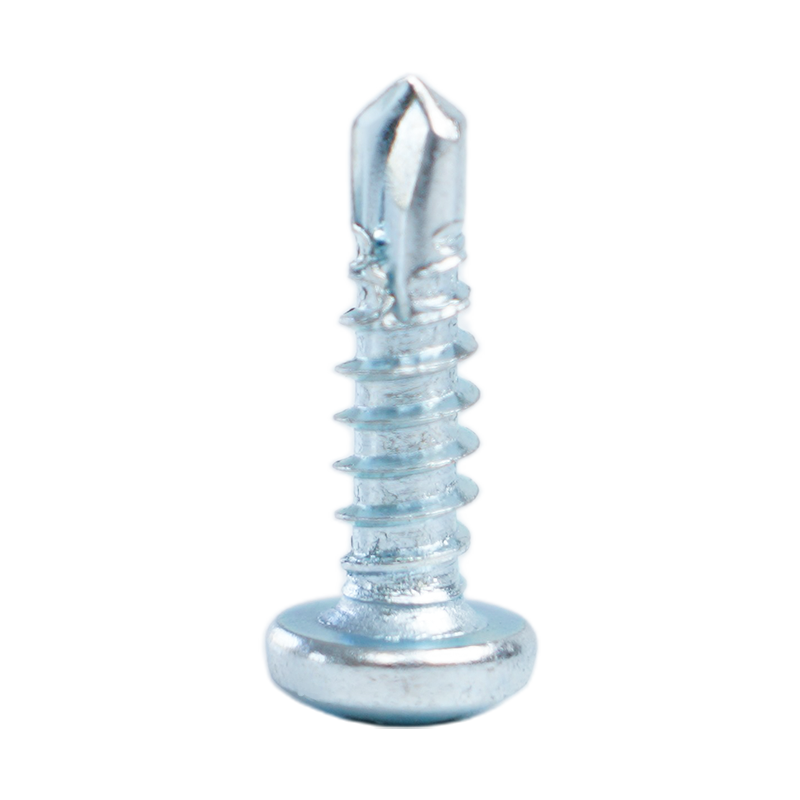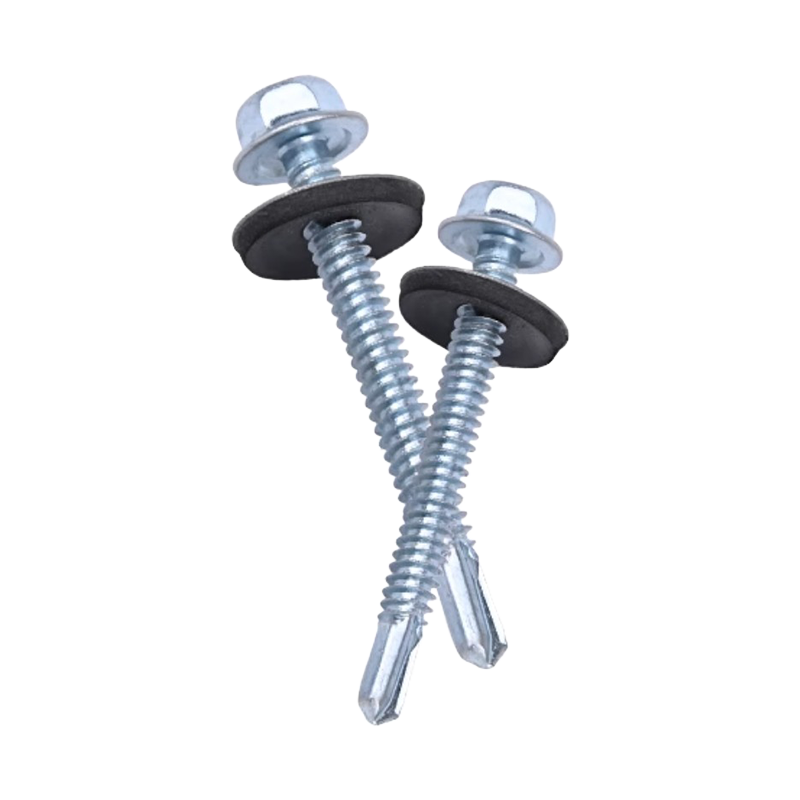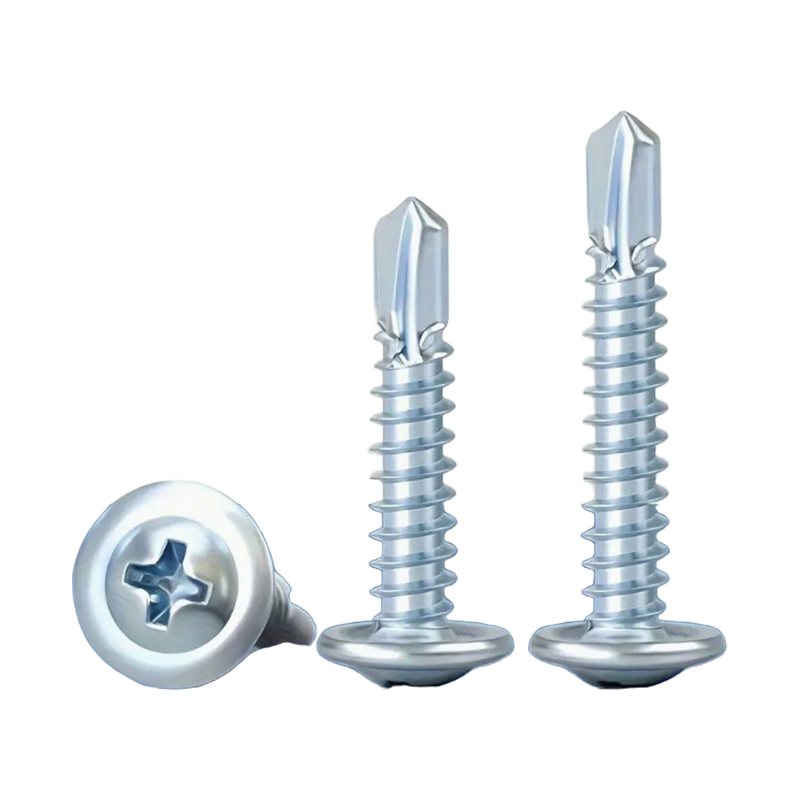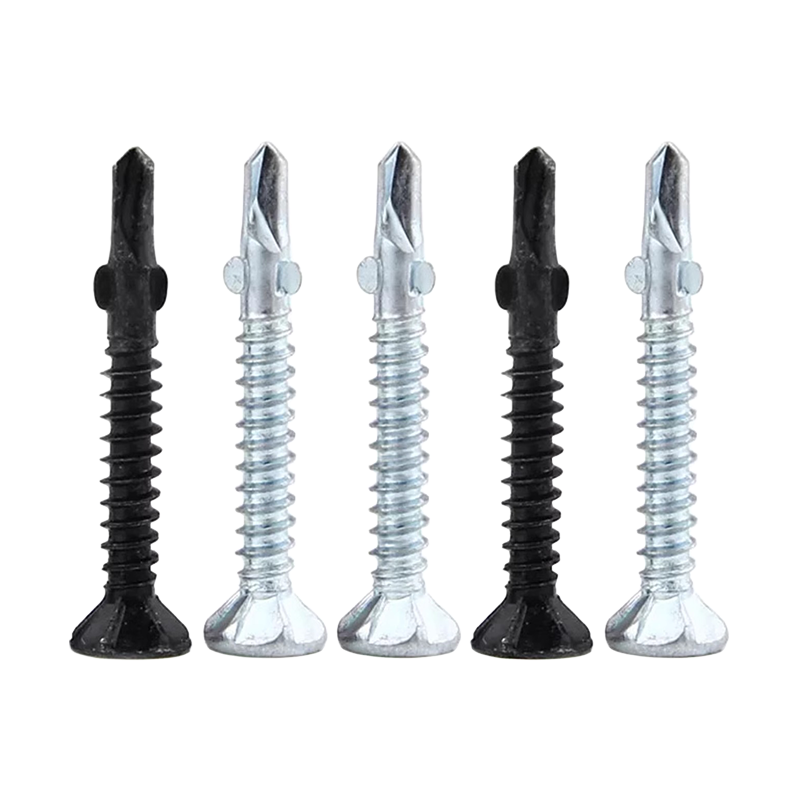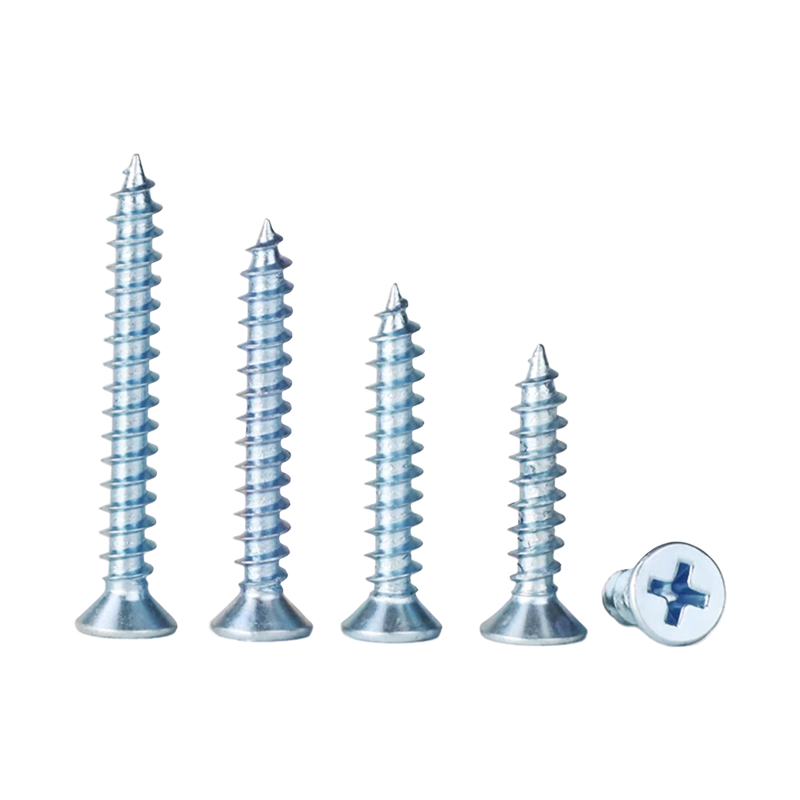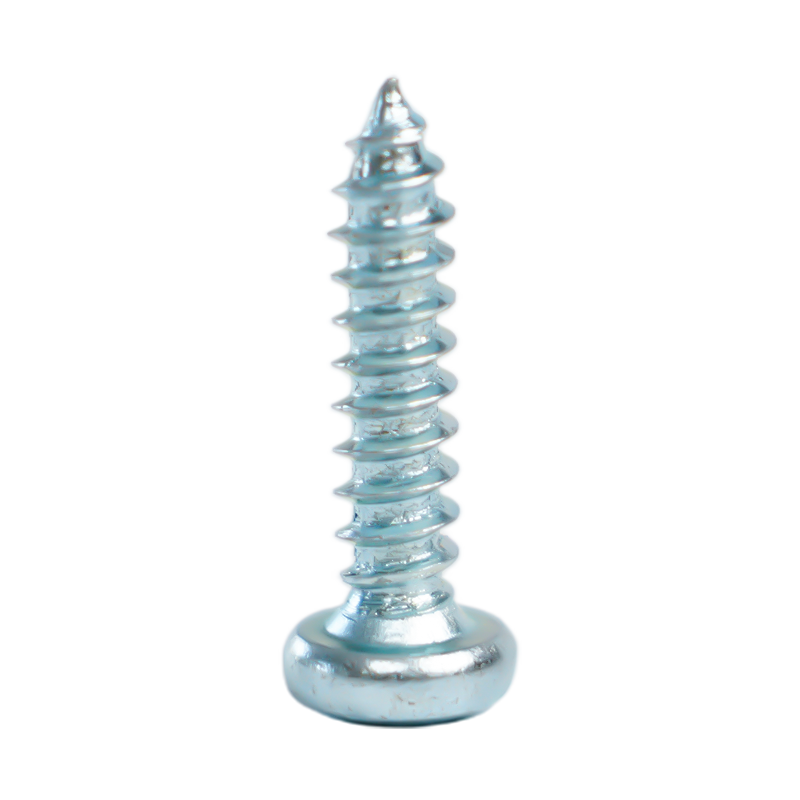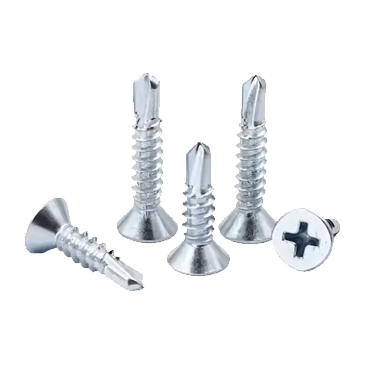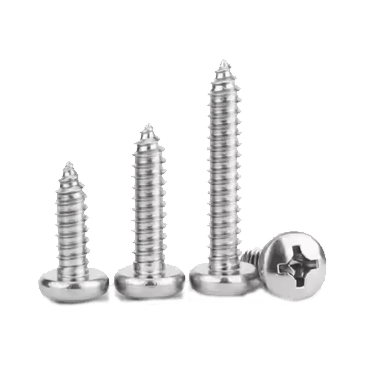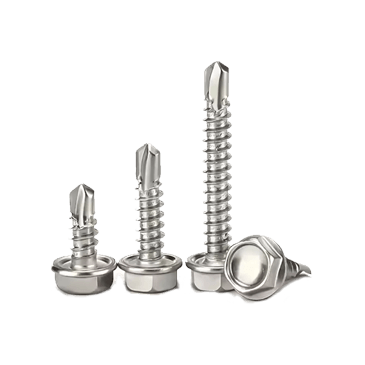Understanding the Critical Role of Drywall Screws in Modern Building
The integrity of any modern construction or renovation project hinges on the performance of its most fundamental components. Among these, the drywall screw stands out as a critical element that directly influences the durability, safety, and finish quality of walls and ceilings. Unlike generic fasteners, drywall screws are precision-engineered to meet specific demands, such as securing gypsum panels to metal or wood studs without tearing the paper facing and ensuring a flush, seamless finish for painting or wallpapering. Premium drywall screw manufacturers dedicate extensive research and development to producing fasteners that excel in tensile strength, corrosion resistance, and driving efficiency. This article delves into the world of high-performance drywall screws, exploring key features, specialized types, and the manufacturing excellence that distinguishes superior products from standard offerings, ensuring your construction projects achieve a new level of quality and reliability.
Key Features that Define a Premium Drywall Screw
When selecting drywall screws for a demanding project, understanding the specific features that contribute to superior performance is essential. A premium drywall screw is not a single-feature product but a symphony of engineered characteristics working in unison.
Material Composition and Corrosion Resistance
The base material of a screw dictates its fundamental strength and its ability to resist environmental factors that lead to failure. Low-carbon steel is a common starting point, but the real differentiator is the coating and treatment process. For instance, a standard screw might have a thin zinc plating, which offers minimal protection, especially in humid environments. In contrast, premium manufacturers often use high-low carbon steel blends and apply advanced coatings like phosphating or sophisticated epoxy and ceramic-based finishes. These premium coatings form a much more robust barrier against moisture and oxidation. The choice of material and coating is crucial for preventing rust stains from bleeding through the final wall finish, a common and costly problem in substandard constructions.
- High-Low Carbon Steel: This material combination provides an optimal balance, offering the hardness needed to prevent snapping under torque while retaining the necessary ductility to avoid becoming brittle.
- Phosphate Coatings: These coatings not only offer better corrosion resistance than standard plating but also improve the adhesion of the screw to the drywall compound, reducing the chance of ""popping"" screws later.
- Epoxy and Ceramic Finishes: Representing the top tier of corrosion protection, these finishes are essential for high-moisture areas like bathrooms, kitchens, and exterior soffits, ensuring long-term structural integrity and aesthetic preservation.
Thread Design and Holding Power
The thread pattern on a drywall screw is a masterpiece of functional design, directly influencing its holding power and installation ease. A coarse thread is engineered for gripping into softwood studs, providing maximum bite and pull-out resistance. Conversely, a fine thread is designed for use with metal studs, allowing for precise engagement with the thinner material without causing excessive material displacement or stripping. Premium screws often feature a sharp, self-tapping point that eliminates the need for pre-drilling, saving significant time and labor. The depth and pitch of the threads are calibrated to pull the drywall panel tightly against the stud without over-driving, which can break the paper surface and compromise the screw's holding strength. This nuanced design is what prevents drywall sheets from sagging or becoming loose over time, a key concern for maintaining a high-quality finish.
Head Styles and Drive Types
The head of the screw and the corresponding drive type are critical for a clean installation and a smooth final surface. The most common head style is the bugle head, which is designed to taper smoothly into the drywall surface, creating a dimple that is easily concealed with joint compound. A poorly designed bugle head can tear the paper or sit too proud of the surface. The drive type, such as Phillips, Pozi, or square, affects cam-out—the slipping of the driver bit. Premium manufacturers often opt for drive types that minimize cam-out, allowing for higher torque application and reducing installer fatigue and frustration. This attention to detail ensures that every screw is seated perfectly, creating a uniform surface that is ready for finishing.
Exploring Specialized Drywall Screw Varieties
The one-size-fits-all approach is ineffective in professional construction. Different applications demand specialized screws engineered with unique properties to solve specific challenges. Understanding these varieties is key to selecting the right fastener for the job, ensuring both performance and compliance with building codes.
Self-Tapping Drywall Screws for Metal Studs
Modern commercial and residential construction frequently employs light-gauge steel studs for their strength, consistency, and resistance to pests and rot. Attaching drywall to these studs requires a specialized fastener: self-tapping drywall screws for metal studs. These screws are characterized by their fine threads and a specially hardened, sharp point that can pierce and tap threads into the metal without a pre-drilled pilot hole. This self-tapping ability drastically reduces installation time and labor costs. Using a coarse-thread screw meant for wood on a metal stud would likely result in stripped holes, poor holding power, and an unstable wall assembly. The fine threads of a dedicated metal stud screw ensure a tight, secure grip that withstands the structural loads and vibrations a building may experience over its lifetime.
Choosing Between Coarse and Fine Thread Drywall Screws
The decision between coarse and fine thread drywall screws is fundamental and is dictated entirely by the substrate material. This choice is not a matter of preference but of physics and engineering. The following comparison table outlines the critical differences:
| Feature | Coarse Thread Drywall Screws | Fine Thread Drywall Screws |
|---|---|---|
| Primary Application | Wood Studs | Metal Studs |
| Thread Design | Widely spaced, deep threads | Closely spaced, shallow threads |
| Holding Mechanism | Aggressive bite into fibrous wood grain | Precise engagement with thin metal, preventing stripping |
| Risk of Stripping | Low in wood, high in metal | Low in metal, high in wood |
| Installation Speed | Fast in wood | Fast in metal, impossible in wood without pre-drilling |
As the table demonstrates, using the wrong thread type compromises the entire installation. A coarse thread in metal will chew away the material, creating an oversized hole with no grip, while a fine thread in wood will have insufficient bite and can easily snap under stress. Premium manufacturers provide clear labeling and a diverse product range to ensure professionals can always select the correct screw for their specific substrate.
The Advantage of Black Phosphate Drywall Screws
For projects requiring an extra layer of protection and performance, black phosphate drywall screws are a superior choice. The black phosphate coating is not merely a color; it is a conversion coating that is applied to the steel to significantly enhance corrosion resistance compared to standard bright (uncoated) or zinc-plated screws. This process creates a microscopic porous surface that is excellent at retaining oil, which acts as a secondary barrier against moisture. Furthermore, this slightly rough texture provides an outstanding key for drywall joint compound, meaning the compound adheres more effectively to the screw head. This reduces the likelihood of the screw head becoming visible through the finished wall over time, a phenomenon known as ""ghosting"" or ""popping."" While they may carry a slightly higher cost, their durability and superior finish make them a cost-effective solution for any quality-focused project, particularly in regions with fluctuating humidity.
The Hallmarks of a Premium Drywall Screw Manufacturer
Identifying a true premium manufacturer goes beyond simply evaluating the product in hand. It involves assessing the entire process, from raw material sourcing to post-sale support. A commitment to excellence is evident in several key areas that distinguish industry leaders from generic suppliers.
Commitment to Quality Control and Consistency
For a drywall screw to perform reliably in every single application, absolute consistency in dimensions, hardness, and coating is non-negotiable. Premium manufacturers implement rigorous quality control protocols at every stage of production. This includes spectroscopic analysis of raw steel alloys, continuous monitoring of thread-rolling dies to prevent dimensional drift, and salt spray testing on finished screws to certify their corrosion resistance. This level of control ensures that a box of screws purchased today is identical in performance to one purchased next year. Inconsistency, a common issue with lower-tier manufacturers, leads to problems on the job site, such as screws with heads that strip out during driving or variations in length that prevent a uniform installation.
Advanced Manufacturing and Engineering Expertise
The production of a high-quality drywall screw is a complex process that leverages advanced engineering and state-of-the-art manufacturing technology. It begins with custom-drawn wire of a specific grade, which is then cold-forged to create the screw's shape. The precision of the thread-rolling process is critical; it must form sharp, clean threads without creating micro-fractures in the steel. Heat treatment follows, where the screws are hardened and tempered to achieve the perfect balance of strength and flexibility. A manufacturer's expertise is demonstrated in their ability to master these processes, often developing proprietary techniques. For example, creating a high-performance drywall screw for soundproofing applications requires not just the right steel but also specialized thread geometry and a coating that minimizes vibration transmission, a level of specialization only top-tier manufacturers can provide.
Comprehensive Product Range and Technical Support
A hallmark of a leading manufacturer is the ability to serve all segments of the construction market with a comprehensive product portfolio. This includes not only the standard coarse and fine thread screws but also specialized variants such as:
- Drywall screws for high moisture environments with extra-thick, corrosion-inhibiting coatings.
- Longer screws for multi-layer drywall installations or for attaching drywall to resilient channels.
- Screws with modified bugle heads designed for use with fiberglass-faced drywall.
- Trim-head screws for other finishing carpentry applications.
Beyond the product range, premium manufacturers back their offerings with robust technical support, providing detailed technical data sheets, application guides, and direct access to engineering expertise. This support empowers contractors to make informed decisions, ensuring optimal performance and adherence to building codes for every unique project challenge.
Selecting the Right Drywall Screw for Your Project
Making an informed selection is the final step in leveraging the benefits of premium drywall screws. This decision should be guided by a systematic assessment of the project's specific requirements rather than defaulting to a familiar but potentially unsuitable product.
Assessing Project Requirements: Substrate, Environment, and Code
The first step is a thorough analysis of the project parameters. The primary substrate (wood or metal studs) is the most basic determinant. Next, the environmental conditions must be considered. Is the space a standard office, a humidity-controlled data center, or a coastal residence with salt-laden air? The answers will dictate the necessary level of corrosion resistance, steering the choice from a basic zinc-plated screw to a phosphate-coated or even a stainless-steel option for critical applications. Furthermore, local building codes often specify fastener types, lengths, and spacing for fire-rated assemblies or seismic zones. Ignoring these codes can lead to failed inspections and significant liability. A durable drywall screw supplier for contractors will understand these requirements and can provide products that are certified for such specific applications.
Understanding the Total Cost of Ownership
While the initial purchase price of premium drywall screws is often higher than that of economy-grade alternatives, the true cost must be evaluated over the entire lifecycle of the installation—the Total Cost of Ownership (TCO). Cheap screws can lead to numerous hidden costs, including:
- Increased Labor Costs: Higher rates of cam-out, stripping, and breakage slow down the installation crew, wasting valuable time and increasing labor expenses.
- Callbacks and Remediation: The cost of repairing popped screws, rust stains, or sagging drywall long after the project is complete can be substantial and damage a contractor's reputation.
- Material Waste: A broken screw not only wastes the fastener but can also damage a drywall panel, forcing its replacement.
Investing in premium screws from a reputable manufacturer minimizes these risks. The superior drive-ability reduces installer fatigue, the consistent quality prevents installation issues, and the enhanced durability ensures the finished wall remains pristine for years, eliminating costly callbacks. Therefore, the higher upfront investment in quality fasteners pays for itself many times over through operational efficiency and long-term reliability.
Building a Relationship with a Trusted Supplier
For professional contractors, finding a trusted drywall screw supplier for contractors is as important as selecting the right screw. A reliable supplier does more than just hold inventory; they act as a partner. They ensure consistent and timely delivery, preventing project delays. They provide accurate and detailed product information. They may also offer volume pricing and logistical support for large projects. Building a relationship with a single, trusted supplier streamlines the procurement process, ensures a consistent flow of quality materials, and provides a single point of contact for technical questions, ultimately contributing to a more efficient and profitable business operation.

 +86-15052135118
+86-15052135118 

 Español
Español
 Get In Touch
Get In Touch


